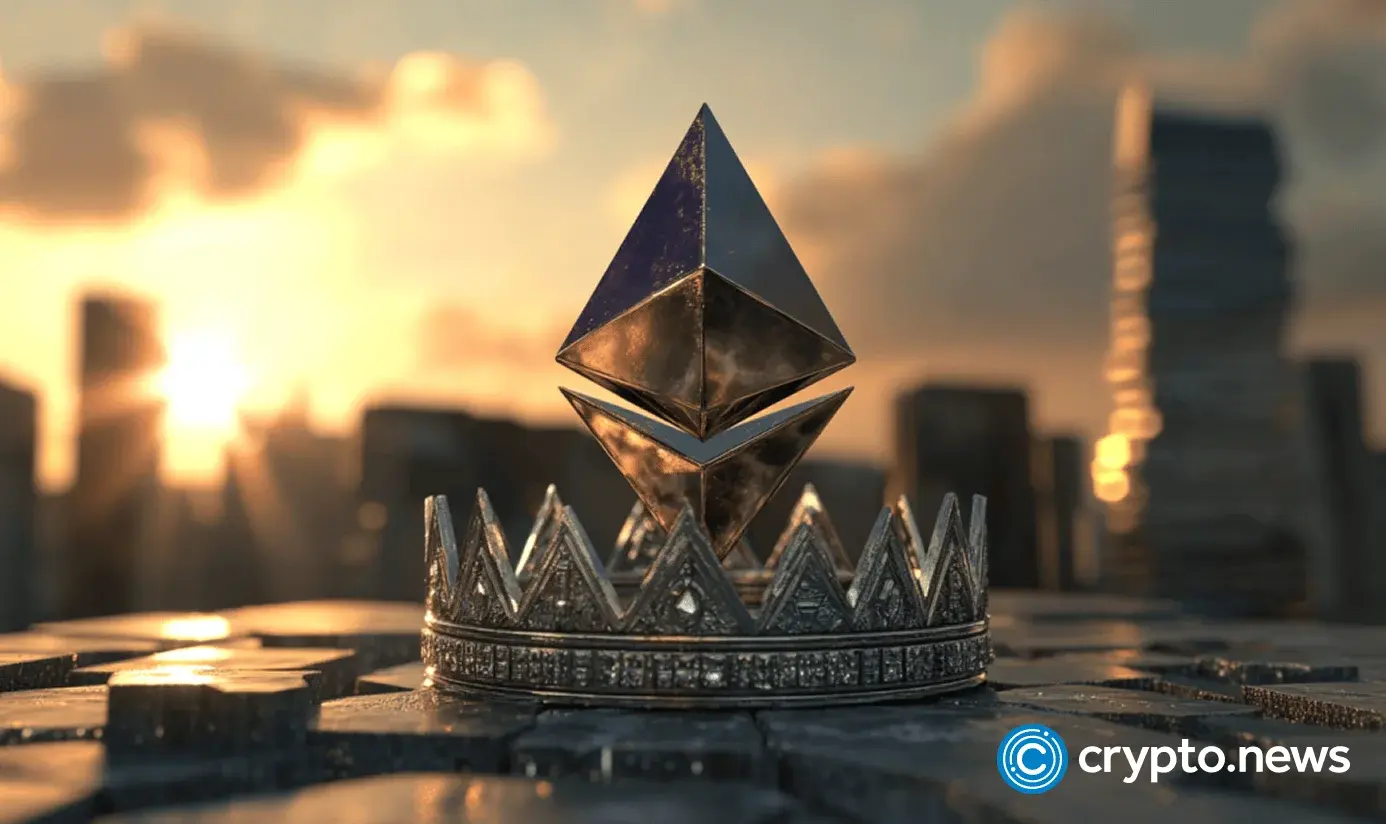New Ethereum Standard Revolutionizes Tokenized Asset Settlement
A groundbreaking development in the Ethereum ecosystem introduces a new standard designed to facilitate the settlement of tokenized assets without the complications of asset wrapping or bridge usage. The newly proposed standard, known as ERC-7943, emerges at a pivotal moment, coinciding with Nasdaq’s recent application to the U.S. Securities and Exchange Commission for the trading of tokenized securities, alongside Kraken’s announcement of plans to enable trading of tokenized stocks for EU clients. This raises the question: could the tokenization of real-world assets (RWAs) soon lead to significant shifts in the financial landscape?
Overview of ERC-7943 and Its Implications
The primary objective of ERC-7943 is to eliminate the reliance on bridges, wrappers, and other methods currently needed to connect various token types. Currently under review, the proposal’s originator asserts that it will simplify the tokenization process for RWAs and provide a standardized framework for global integration. High-profile entities such as Franklin Templeton, Binance, Nasdaq, and Kraken are actively exploring ways to enhance their clients’ access to tokenized securities and traditional financial instruments. Should the $257 trillion securities market transition to tokenization, it would significantly overshadow the existing $2 trillion stablecoin market.
Ethereum Gears Up for a Surge in Tokenized RWAs
The demand for tokenized RWAs is on the rise, with trading volume increasing by 6% from August 10 to September 10, reaching nearly $28.4 billion. This sharp growth reflects a growing institutional interest in tokenized assets, yet the technology has previously lacked a robust solution for the smooth settlement of tokenized securities. Dario Lo Buglio, co-founder of Brickken, has introduced the Ethereum Improvement Proposal 7943 (EIP-7943), which is framework-agnostic and supports various token types. This new standard aims to resolve blockchain interoperability issues, allowing direct interactions among different token types, thereby potentially facilitating a more streamlined global trade of tokenized RWAs. Unlike previous standards, this ERC version is versatile enough to apply to any token regardless of its underlying construction. If successful, it could eliminate market fragmentation and usher in a new era for tokenized RWAs. Various companies, including Brickken, Forte Protocol, and Binance, are backing the EIP-7943.
Businesses Accelerate Tokenized RWA Trading Initiatives
Major companies and institutions, including BlackRock, Nasdaq, and Binance, are not waiting for Ethereum’s new solution; they are already advancing their own initiatives to provide clients with trading options for tokenized securities and ETFs. In May, Backed Finance, a Swiss firm, launched xStocks, a service for trading tokenized U.S. assets built on the Solana blockchain, which can be traded across multiple platforms through the xStocks Alliance, circumventing traditional brokerage systems. However, xStocks trading is not available in the U.S. Notably, within six weeks, the xStocks trading volume on Solana surpassed $2 billion. In the same month, Robinhood Markets and BlackRock also made headlines with their announcements. Robinhood indicated it was developing a method for users to trade Arbitrum-based tokenized securities, while BlackRock introduced a tokenized version of its money market fund, BUIDL, in collaboration with Securitize, fully backed by BlackRock’s offering.
Anticipating Changes from Mass Tokenization
As tokenization of RWAs gains traction, significant transformations are expected. Stocks and ETFs will become more accessible, with the potential for 24/7 trading and faster, less expensive settlements. The reduction of intermediary risks will open new avenues for traders and investors seeking to engage with the expansive $257 trillion market through innovative financial tools. Lily Liu, President of the Solana Foundation, emphasized that blockchain innovations are reshaping the financial industry for the digital age, propelling the trend of tokenization. This transition is also prompting regulatory scrutiny, with SEC Chairman Paul Atkins labeling tokenized RWAs as innovative and Commissioner Hester Peirce asserting that they must adhere to existing securities laws. Some U.S. firms are already piloting projects in the EU, and as regulatory frameworks develop in the U.S., they are likely to facilitate the sector’s expansion.

